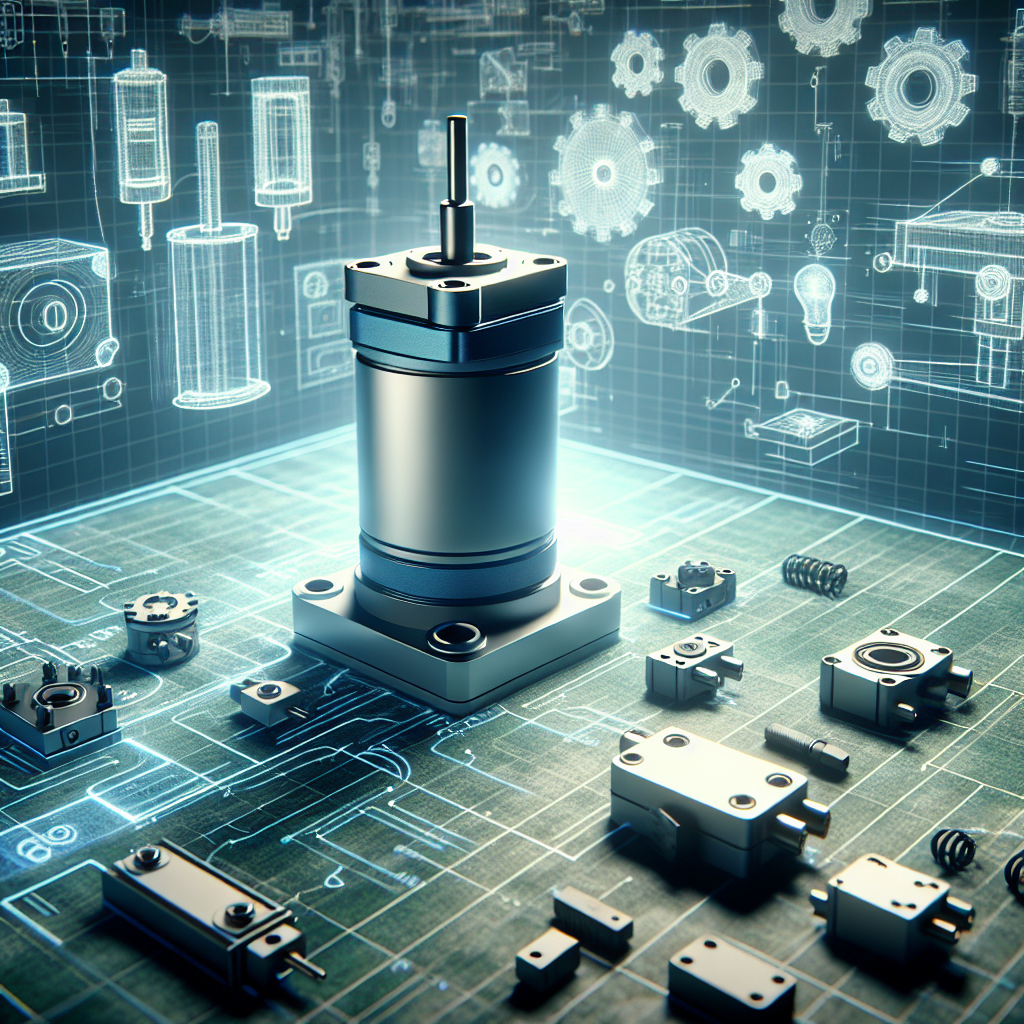Your cart is currently empty!
Advancements in Actuator Technology: What’s New and Exciting

Actuators are devices that convert energy into mechanical motion, and they play a crucial role in a wide range of industries, from robotics and automation to aerospace and automotive. As technology continues to advance, so too does the field of actuator technology. In recent years, there have been several exciting advancements in actuator technology that have the potential to revolutionize the way we use and interact with machines.
One of the most exciting developments in actuator technology is the emergence of smart actuators. These actuators are equipped with sensors and microprocessors that allow them to actively monitor and adjust their performance in real-time. This technology enables actuators to adapt to changing conditions and optimize their efficiency and precision, leading to more reliable and responsive systems.
Another exciting development in actuator technology is the use of shape memory alloys (SMAs). SMAs are materials that can “remember” their original shape and return to it when subjected to a specific stimulus, such as heat or electricity. This property makes SMAs ideal for use in actuators, as they can produce large amounts of force and movement in a compact and lightweight package.
One of the key challenges in actuator technology has been the development of actuators that are both powerful and energy-efficient. In recent years, researchers have made significant progress in this area by developing novel actuator designs and materials. For example, researchers have created artificial muscles that mimic the structure and function of biological muscles, allowing them to produce powerful and efficient motion.
Advancements in materials science have also played a significant role in the development of new actuator technologies. For example, the use of advanced polymers and composites has enabled the creation of actuators that are lightweight, durable, and capable of operating in extreme environments. These materials have opened up new possibilities for the design and implementation of actuators in a wide range of applications.
In addition to these technological advancements, there have also been significant improvements in the control and integration of actuators into larger systems. The development of advanced control algorithms and communication protocols has made it easier to coordinate the actions of multiple actuators and sensors, leading to more sophisticated and autonomous systems.
Overall, the field of actuator technology is experiencing rapid growth and innovation, with new and exciting developments emerging on a regular basis. These advancements have the potential to transform industries and improve the performance of a wide range of machines and systems. As researchers continue to push the boundaries of what is possible, we can expect to see even more exciting developments in actuator technology in the years to come.

Leave a Reply